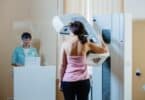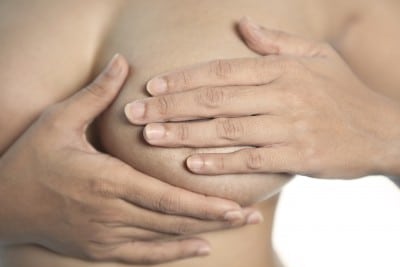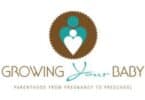 A woman from London is due to give birth next week to the first British baby screened to be free of an altered gene which causes breast cancer.Because women in three generations of her husband’s family have been diagnosed with the disease in their 20s, the couple underwent embryo screening.
A woman from London is due to give birth next week to the first British baby screened to be free of an altered gene which causes breast cancer.Because women in three generations of her husband’s family have been diagnosed with the disease in their 20s, the couple underwent embryo screening.
Without this, any daughter born would have a 50-80% chance of experiencing breast cancer.
But one expert warned the technique would not be suitable for all couples with this disease in their family.
Pre-implantation genetic diagnosis (PGD) involves taking a cell from an embryo at the eight-cell stage of development, when it is around three-days old, and testing it.
Using PGD to ensure a baby does not carry an altered gene which would guarantee a baby would inherit a disease such as cystic fibrosis, is well-established.
The expectant couple, a 27-year-old woman and her husband, do not yet know if they are having a girl or a boy.
While a daughter could have been affected by breast cancer herself if she carried the altered gene, a son could have been a carrier and passed it on to any daughters.
Josephine Quintavalle, of the campaign group Comment on Reproductive Ethics said: “The most important thing is that people realise this is not a cure for breast cancer.
“In addition, we must not forget the embryos which were discarded because they did carry the gene.
“Moving to screening embryos for susceptibility genes, rather than inherited conditions, has broken through a barrier.




